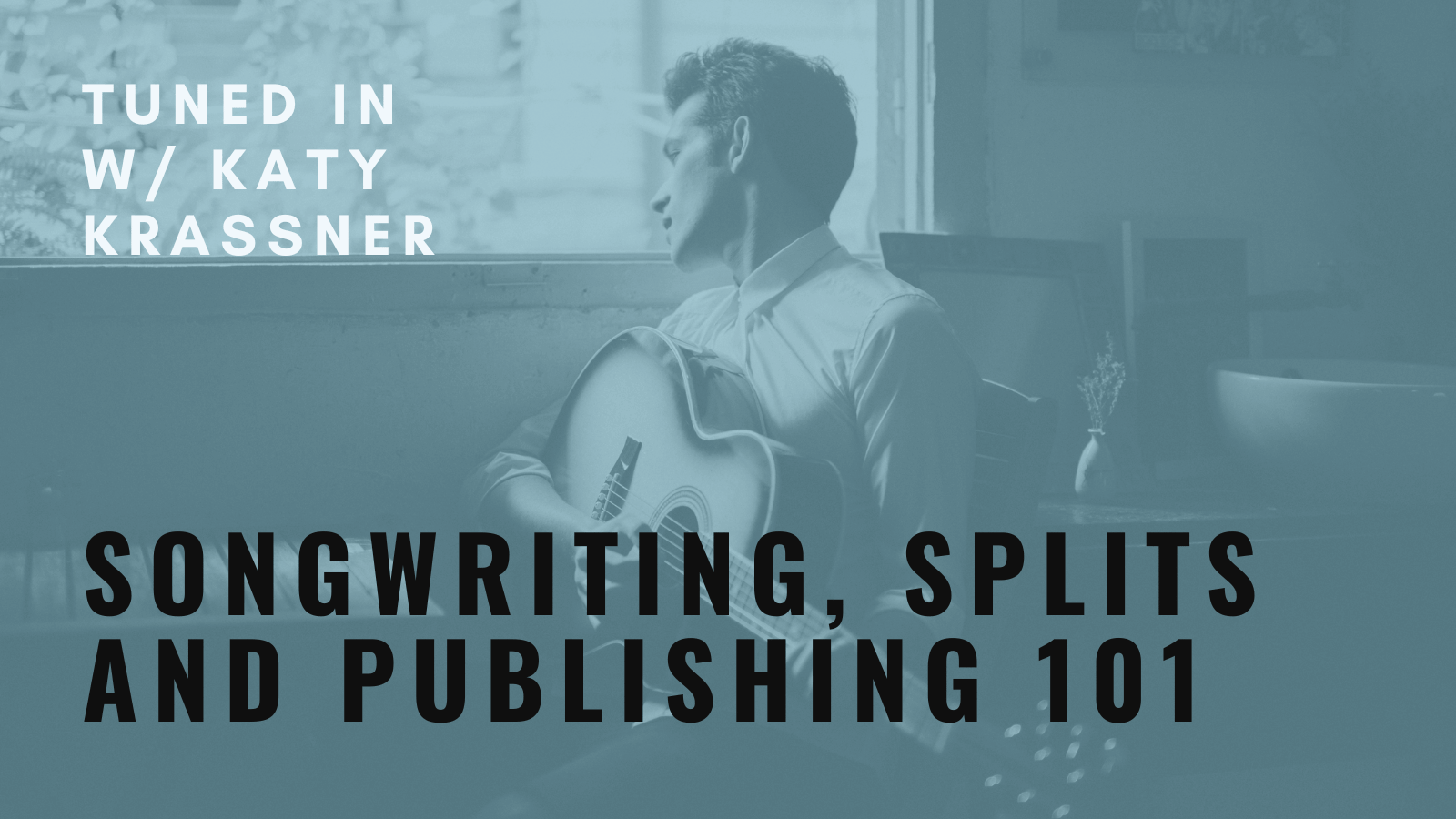Songwriting versus songwriting splits
What do Red Hot Chili Peppers, Duran Duran, REM, Radiohead, Rage Against the Machine and Coldplay all have in common? They split their songwriting royalties equally, no matter who did the actual ‘work’ on a specific song. Seems like a smart choice to make if you want your band to stay together, right? It’s clear Chris Martin is the ‘face’ of Coldplay, but no one really knows his in-studio contribution on any given song. Regardless of what it may be, he and his bandmates are smart enough to know that to feel like an equal part of the song’s success, sharing in royalties is a wise move. Let’s “get on track” this month and discuss songwriting, splits and publishing!
Here’s a little refresher on music publishing: there are two kinds of copyright types – the master rights, which is the sound recording (typically held by a label, if you’re signed to one) and the composition/ publishing rights. Within the publishing rights are a 50/50 split between melody and lyrics. This is what a band must decide in advance on how to split between the members.
Equal shares of publishing – what is fair?
If you want no division in your band, then clearly the smart thing to do would be to split the rights amongst you all. Six band members, split six ways. Wait! What if you wrote the lyrics all by yourself? And came up with the ‘hook’ for the song? Is it fair to split the publishing six ways? If you don’t want any resentment in the ranks, then maybe “fair” shouldn’t be your top priority.
Of course there are songwriting partnerships, some you may have heard of: Plant & Page (Led Zeppelin), Lennon & McCartney (The Beatles), Jagger & Richards (Rolling Stones), Strummer & Jones (The Clash). There aren’t many current names on this list though, and that could be because musicians have learned that it’s smarter to share publishing equally. Another way to think of it is this: how much input will a band member put into songwriting if they’re not going to be paid for it?
Consider contributions that make all the difference
Any significant contribution to lyrics, structure or melody counts as songwriting. Who can hear the song “Smoke on the Water” by Deep Purple without humming the guitar riff or refrain from air drumming to the break in Phil Collins’ “In the Air Tonight”? These songs would be forever changed without those parts, and they’re therefore essential to the composition. While you may find that your guitarist has written 85% of the music for a song you’re working on, if your bassist wrote the sweet hook that could take the song from standard to smash, then you know it’s quality not quantity.
More incentive, less resentment
Let’s take it a step further – the song is SO good, it’s getting radio spins! Which you know because you’re using Play MPE’s MTR to track your airplay. Performance royalties are paid to the songwriters in exchange for “the right to broadcast or perform copyrighted musical compositions in a public environment.” Imagine the resentment if everyone isn’t getting an equal piece of the pie!
Songwriting is a deep topic – there’s so much to cover – and we will come back to it in a future “Tune in with Katy Krassner,” but remember this phrase, first heard in one of Aesop’s Fables: “United we stand, divided we fall.” In other words, if individuals within a group work together, their chance of success is greater. Something to think about!
And of course, if you want to get that song you wrote with your band to radio, you can do so with Play MPE’s Caster.
